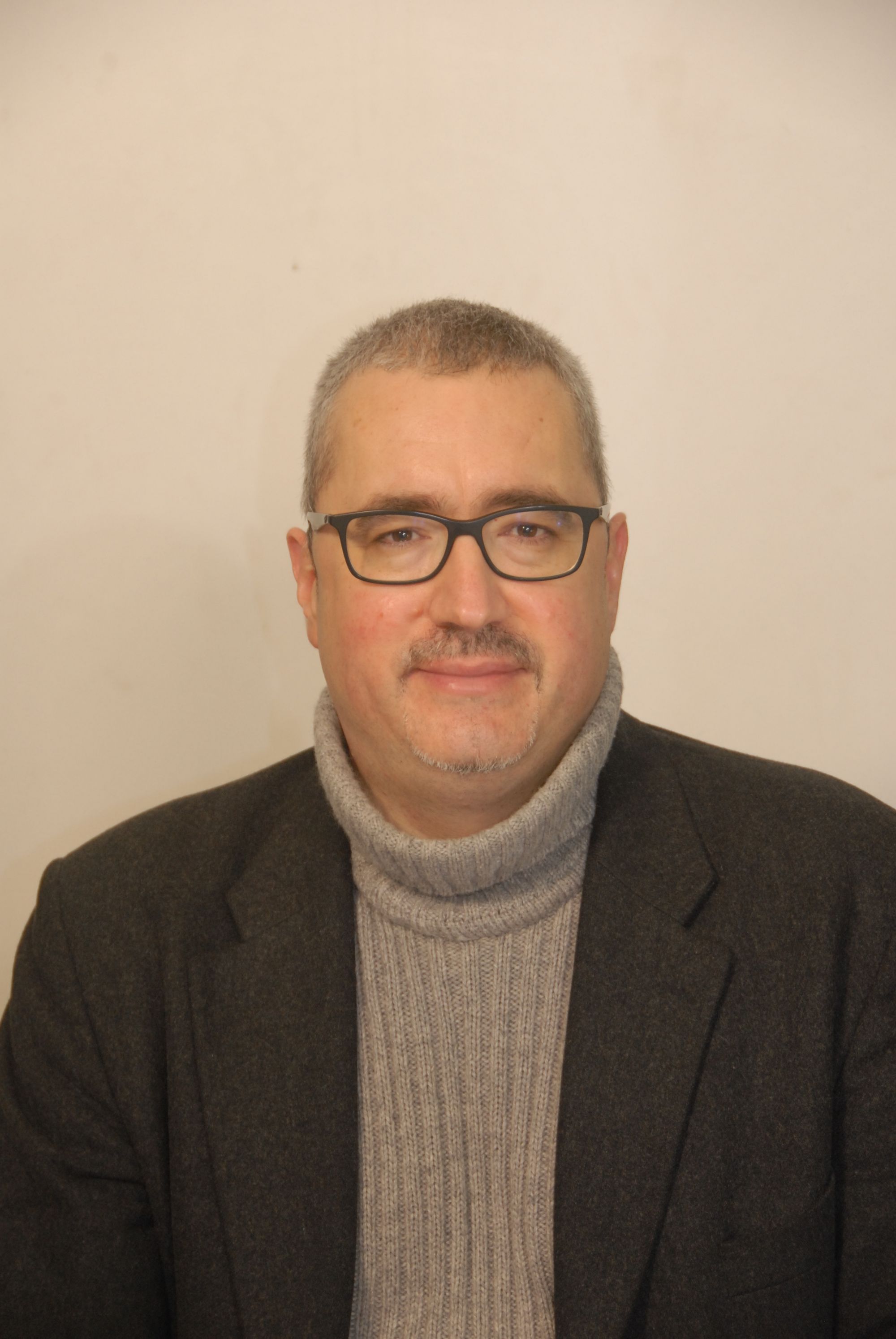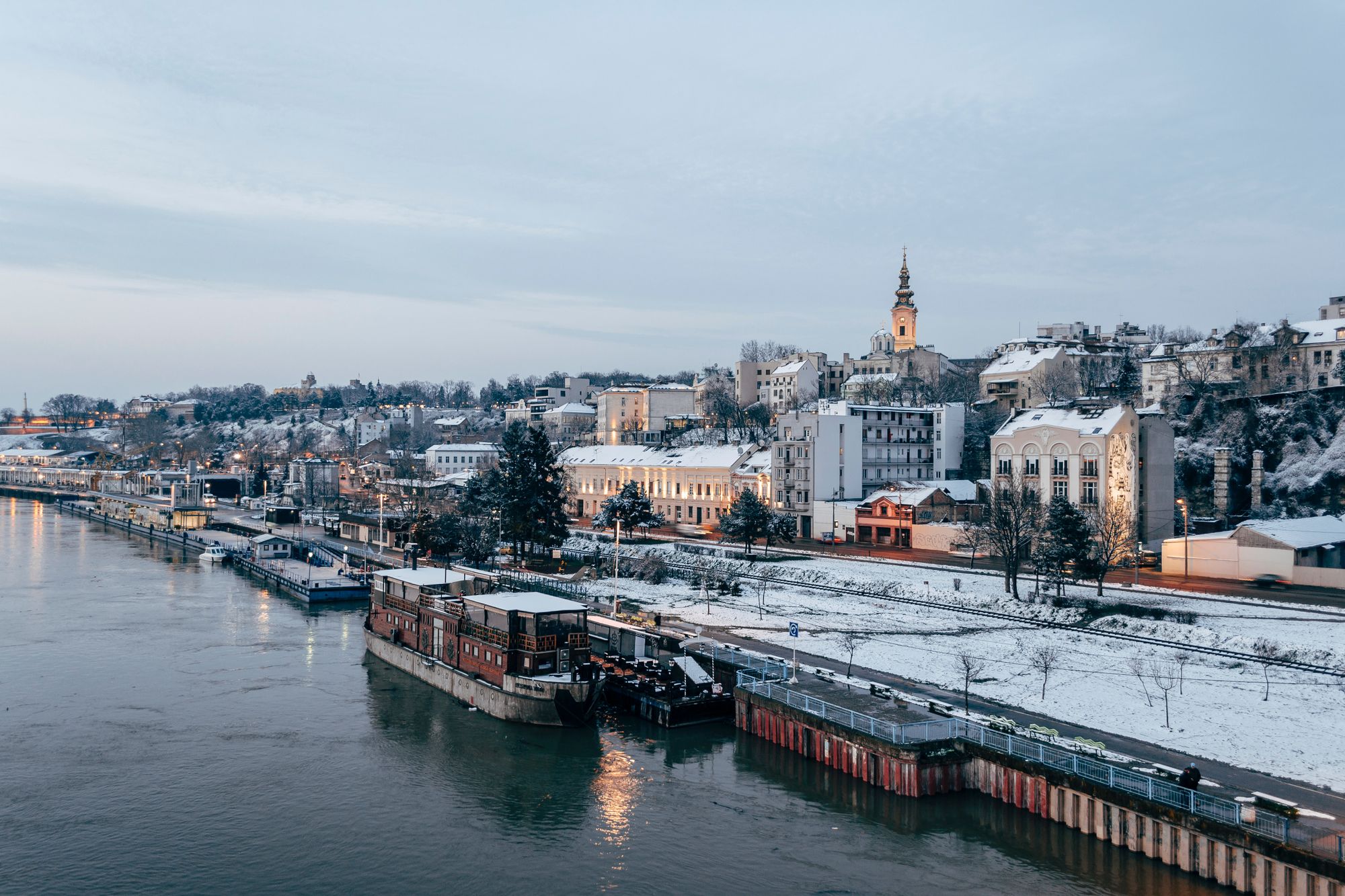Four different vaccines have been available in Serbia since the middle of January 2021, when mass vaccination started: Sinofarm from China, Sputnik V from Russia, the American vaccine Pfizer, and the British vaccine AstraZeneca. Citizens express their interest for a vaccine against Covid-19 through the e-Government portal or by phone - via the contact center, upon which they receive a message with the date and time of their vaccination appointment. In addition, there are more than 222 vaccination centers in Serbia, where citizens can show up without an appointment and be vaccinated with any of the four types of vaccine.
As of 20 June 2021, at least 2,693,998 people received one dose of the vaccine, and 2,452,243 had received both. The percentage of adults who received at least one dose was over 50%. Although the citizens' response was outstanding in the first few months of this year, the number of those interested began to decline over time. In order to additionally motivate as many citizens as possible to receive the vaccine (ie to overcome vaccine hesitancy), the Government passed a decree which rewarded all those who received at least one dose of the vaccine.
The decree prescribes an 'award' to all Serbian citizens over the age of 16 who, as of 31 May 2021, received at least one dose of the vaccine in the territory of Serbia, whose safety, efficacy, and quality have been confirmed by the Agency for Medicines and Medical Devices, оr who have at least expressed interest in immunization through the e-Government portal as of 31 May 2021, and ended up receiving at least one dose of that vaccine before 7 June 2021. These citizens are entitled to the payment of a sum of 3,000 dinars (around 25 euros) as a recognition of their contribution to the prevention of the spread of infectious diseases (additional financial assistance). Application to this additional financial assistance, through the electronic portal of the Treasury Administration or by phone via the contact center, was open from 1 June 2021 to 15 June 2021 and is closed now. Pension beneficiaries (pensioners) are paid additional financial assistance without prior registration (Article 3 of the Decree on Incentive Measures for Immunization and Prevention and Suppression of the Infectious Disease Covid-19). Payment of this additional financial assistance is made from the budget of the Republic of Serbia. Commercial banks are obliged to inform their clients that this assistance has been paid in their current accounts (Article 6 of the Decree on Incentive Measures for Immunization and Prevention and Suppression of the Infectious Disease Covid-19).
There are similar initiatives among private companies. In April 2021, special attention was drawn to the decision of the owner of a private company to adopt a policy that not only promised a reward of 30,000 dinars (around 250 euros) for vaccinated employees but also denied an Easter salary bonus to employees who refuse to be vaccinated.
Epidemiologist Zoran Radovanović says that the response to the vaccines was the greatest when they first were available because all of those who really wanted to be vaccinated applied then. Over time, he notes, the number has dropped. 'In poor countries, such measures can help, but it also happens to have the opposite effect because people can perceive it as a service to the State. They think: if they pay me then it must not be in my best interest, and if I am already trading whether it is the right price, is it worth sacrificing myself for 3,000 dinars or should I wait for it to be 30,000 dinars? (…) The very fact that we are the only country in the world that had a higher supply than demand is devastating', concluded Dr Radovanovic. Nevertheless, no compulsory vaccination for Covid-19 is currently contemplated by the Government.
However, the vaccine hesitancy of the citizens of Serbia for the vaccine has led to a unique phenomenon: Serbian vaccine diplomacy and the strengthening of Serbian soft power in the region. Thus, 'by the end of May, Serbia had vaccinated more than 40,000 citizens from the Western Balkans, and it donated tens of thousands of vaccines to neighboring countries. Thousands more have been inoculated since then.' It was also an opportunity for many residents of the former Yugoslavia to visit Serbia for the first time since the end of ethnic conflicts in the 1990s, and to re-establish broken ties after many years.
TWEET

